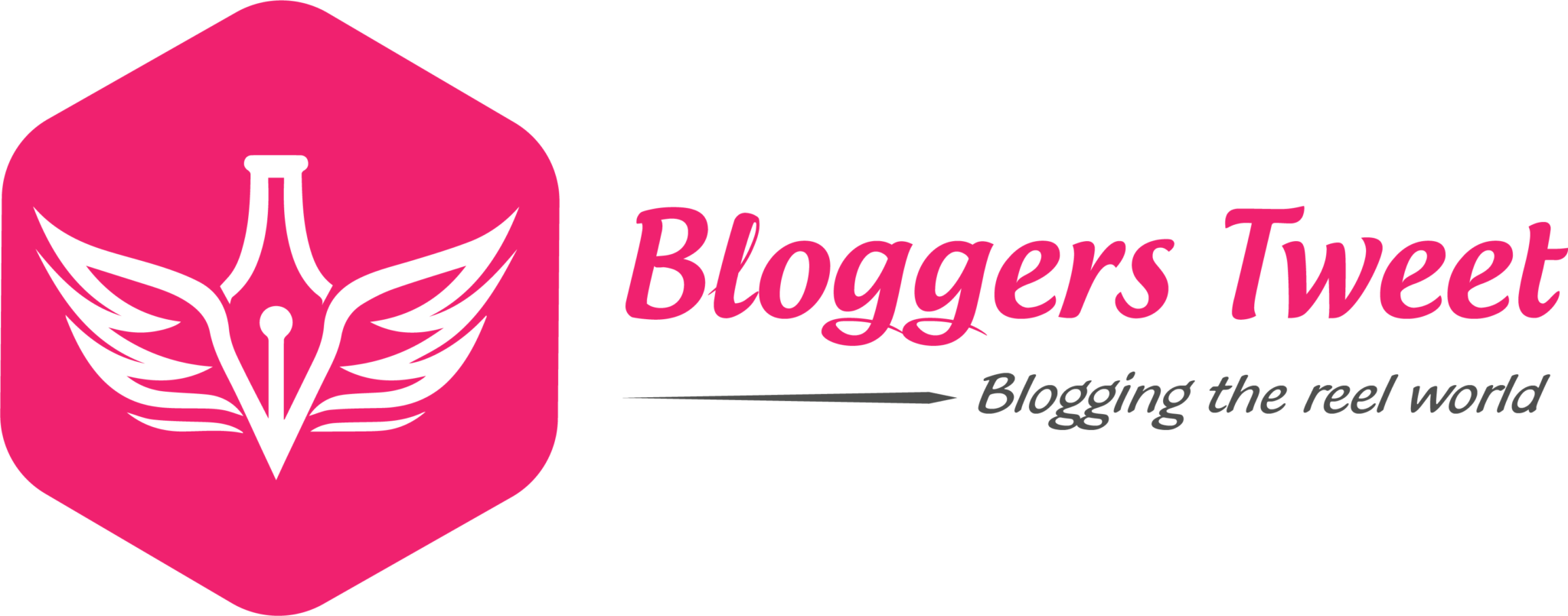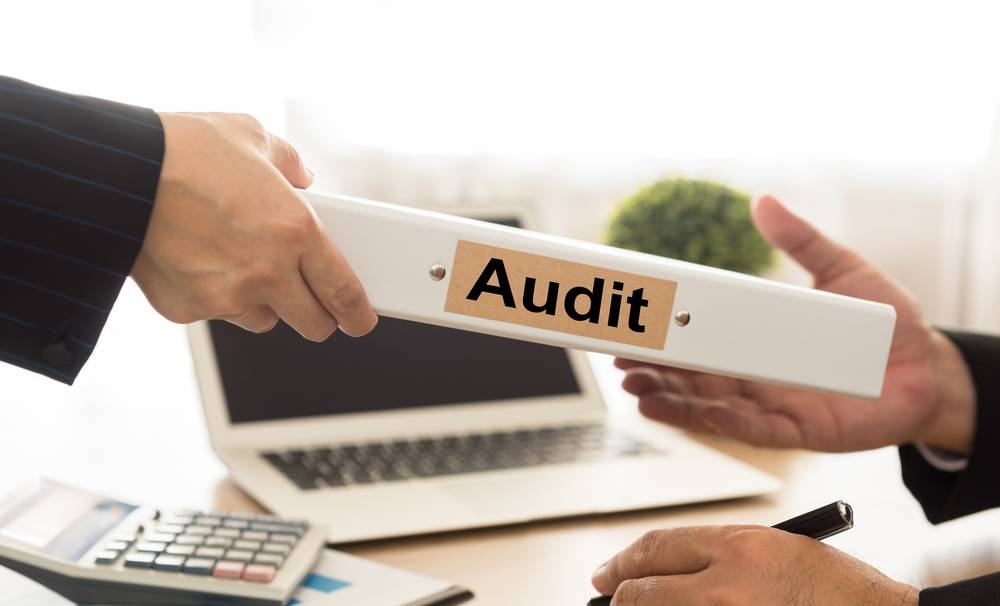As an industry lead auditor, you are responsible for ensuring that the products or services provided by your organization meet the specified standards. While the primary focus of your job is to maintain quality control, there are several other responsibilities that come with your role. In this article, we will delve into the various roles and responsibilities of lead auditors in industry.
Auditing Standards
As a lead auditor, it is your responsibility to ensure that your organization adheres to industry-specific auditing standards. These standards are designed to maintain consistency across the industry and ensure that the products and services provided meet the required quality standards. It is essential to stay up-to-date with the latest standards and regulations to ensure that your organization does not fall behind in terms of quality control.
Risk Assessment
Risk assessment is an integral part of the auditing process. As a lead auditor, you are responsible for identifying potential risks that could impact the quality of your organization’s products or services. Risk assessment involves analyzing the various processes involved in the production or delivery of products or services to identify potential risks. Once identified, it is your responsibility to develop strategies to mitigate these risks and ensure that the quality of the final product or service is not compromised.
Quality Control
Quality control is at the heart of the lead auditor’s role. As a lead auditor, you are responsible for ensuring that the products or services provided by your organization meet the specified quality standards. This involves monitoring the various processes involved in the production or delivery of products or services to ensure that they meet the required quality standards. It is also your responsibility to develop and implement quality control procedures to ensure that the final product or service meets the required quality standards.
Training and Development
As a lead auditor, you are responsible for ensuring that your team is adequately trained and developed. This involves identifying training needs and developing training programs to address these needs. It is also your responsibility to ensure that your team is up-to-date with the latest auditing standards and regulations. Regular training and development programs are essential to ensure that your team is equipped with the necessary skills and knowledge to maintain quality control.
Reporting
Reporting is an essential aspect of the lead auditor’s role. As a lead auditor, you are responsible for reporting on the various audits conducted by your team. This involves documenting the findings of the audit, including any potential risks identified and the measures taken to mitigate these risks. Reporting is essential to ensure that your organization is aware of the various quality control issues and is taking the necessary steps to address them.
In conclusion, the role of a lead auditor in industry is multi-faceted. It involves maintaining industry-specific auditing standards, identifying potential risks, developing strategies to mitigate these risks, ensuring quality control, training and developing your team, and reporting on the various audits conducted. By fulfilling these responsibilities, you can ensure that your organization meets the required quality standards and maintains its reputation for providing high-quality products or services.


